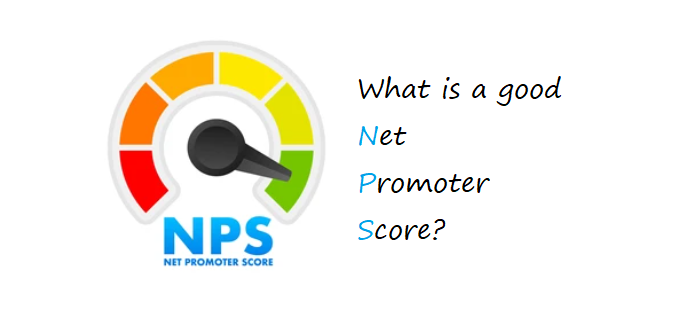How do you respond to customer complaints?
Mistakes happen and errors occur, we’re human and we understand that. But as a consumer, supplier errors and failures can evoke several emotions such as disappointment, anger, mistrust and sometimes even fear. Our emotions drive our purchasing decision making. So how you respond to customer feedback and complaints after an error or failure has occurred can make all the difference. You can lose that customer forever and solidify a negative brand perception or you can gain a loyal return customer that becomes a brand ambassador and ‘free’ marketer by turning a negative experience into one where the consumer feels understood, valued, and supported.
There are several ways in which customer complaints are handled. Here’s looking at a few:
- Ignoring customer complaints and feedback: Ignoring customer complaints or feedback creates the impression that you don’t value your customers and don’t respect your own brand. Feedback from customers can provide valuable insights into how to improve products or services and satisfy customer needs. Ignoring feedback can lead to missed opportunities for growth and improvement and leave consumers feeling that they would rather spend their hard-earned money somewhere else. Being unresponsive to customer complaints can harm a company’s reputation and lead to a loss of customers. It’s important to carefully consider and respond to customer feedback in a timely and professional manner to ensure customer satisfaction and loyalty.
- Being defensive about customer complaints: Being defensive about customer complaints can often escalate the situation and make the customer feel unheard and disrespected. Instead, it’s important to listen to and try to fully understand your customer’s dissatisfaction, acknowledge their concerns, and offer a solution and / or apology. Always respond in a respectful and constructive manner. Remember that addressing complaints in a professional and empathetic manner can help to retain customers and improve your business’s reputation.
- Offering pre-sales support but lacking in after-sales support: Pre-sales support refers to the assistance provided to potential customers before they make a purchase. This may include answering questions, providing product information, demonstrating features, and helping with product selection and even assisting with payments. The goal of pre-sales support is to help the customer make an informed decision and increase the likelihood of a sale. Lack of post-sales support refers to a situation where a company doesn’t provide adequate assistance or guidance to its customers after they have made a purchase. If your pre-sales support is excellent but you fail when it comes to post-sales support, you create mistrust with your consumers. Consumers get the sense that you go above and beyond to get their money but once you have their money, you no longer care about the customer. This is one of the easiest ways to lose a customer forever as it leads to customer dissatisfaction and can negatively affect your company’s reputation.
- Responding to and acting on customer complaints: Acting on customer complaints involves intently listening to and understanding customer concerns, acknowledge their feelings, apologizing for any inconvenience caused, and offering a solution or course of action to resolve the issue. Ensure that you follow up on any promises made to the customer and strive to improve your products or services based on their feedback. Remember to always remain professional and courteous, even in difficult situations, it’s important to remain calm and professional, and to address the issue promptly. Valuable feedback from customers, provide you with improvement opportunities, so future customer experiences can be positive. In addition, taking steps to prevent similar issues from occurring in the future can help improve overall customer satisfaction. Effective complaint handling can help improve customer satisfaction and drive customer loyalty.
- Being unaware of customer dissatisfaction: Being oblivious to customer dissatisfaction is a dangerous space to be in. This is where a business loses customers but just don’t understand why. Many customers would avoid confronting you about a bad product experience or bad service and merely not return. These customers usually also warn other consumers against you. So how can you remedy this? Either create such good relationships where consumers feel that they can openly engage with you about their dissatisfaction or create platforms and opportunities for them to voice their opinions and act on these. Knowing what your customers think and how they feel about your products, services and brand is vital these days as it is just too easy to walk away from you and deal with a competitor who is willing to listen and adapt to the needs of their customers. Not knowing is simply too risky.
Responsibly addressing customer complaints is not optional, it’s a necessity. It is vital to know how your customers feel about and perceive your products, services, and brand. Perception drives purchasing behaviour.
Ensure that you’re giving a “voice” to your customers, a platform or opportunity for customers to express their opinions, provide feedback, and raise concerns regarding a product, service, or your brand. This can be achieved through various means such as surveys, social media channels or customer support. By giving customers a voice, companies can better understand their customer’s needs and preferences, improve on their offerings and service delivery, and ultimately build stronger relationships with their customer base, building customer and brand loyalty.
By actively seeking and listening to feedback, businesses can make informed decisions and by acting on feedback, businesses have the opportunity to continuously enhance their customer experience.
So how do you respond to customer complaints and negative feedback?







